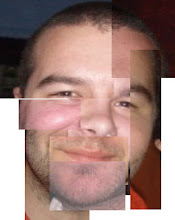
Duncan Watts recently wrote “If society is ready to embrace a trend, almost anyone can start one–and if it isn’t, then almost no one can”.
Essentially his theory is, that to succeed with a new product, it’s less a matter of finding the perfect hipster to infect and more a matter of gauging the public’s mood. There will always be a first mover in a trend, but since they generally stumble into that role by chance, they are basically an “accidental Influential.”
The difficulty in viral trends is that the online world can be incredibly volatile. Brands are desperately seeking to find a comfortable transparency with which to embrace their customers and yet retain some control of the message. Online PR groups try to start trends or opinion by involving key influencers to kick start further discussion, but this can't work every time.
So perhaps the disease metaphor is misleading.
Trends are more like forest fires: There are thousands a year, but only a few become roaring monsters. That’s because in those rare situations, the landscape was ripe: sparse rain, dry woods, badly equipped fire departments. If these conditions exist, any old match will do.
 Millward Brown have just announced Google as the world's most powerful brand. This may be true and is yet further evidence of the shift towrads a internet centric life.
Millward Brown have just announced Google as the world's most powerful brand. This may be true and is yet further evidence of the shift towrads a internet centric life.



